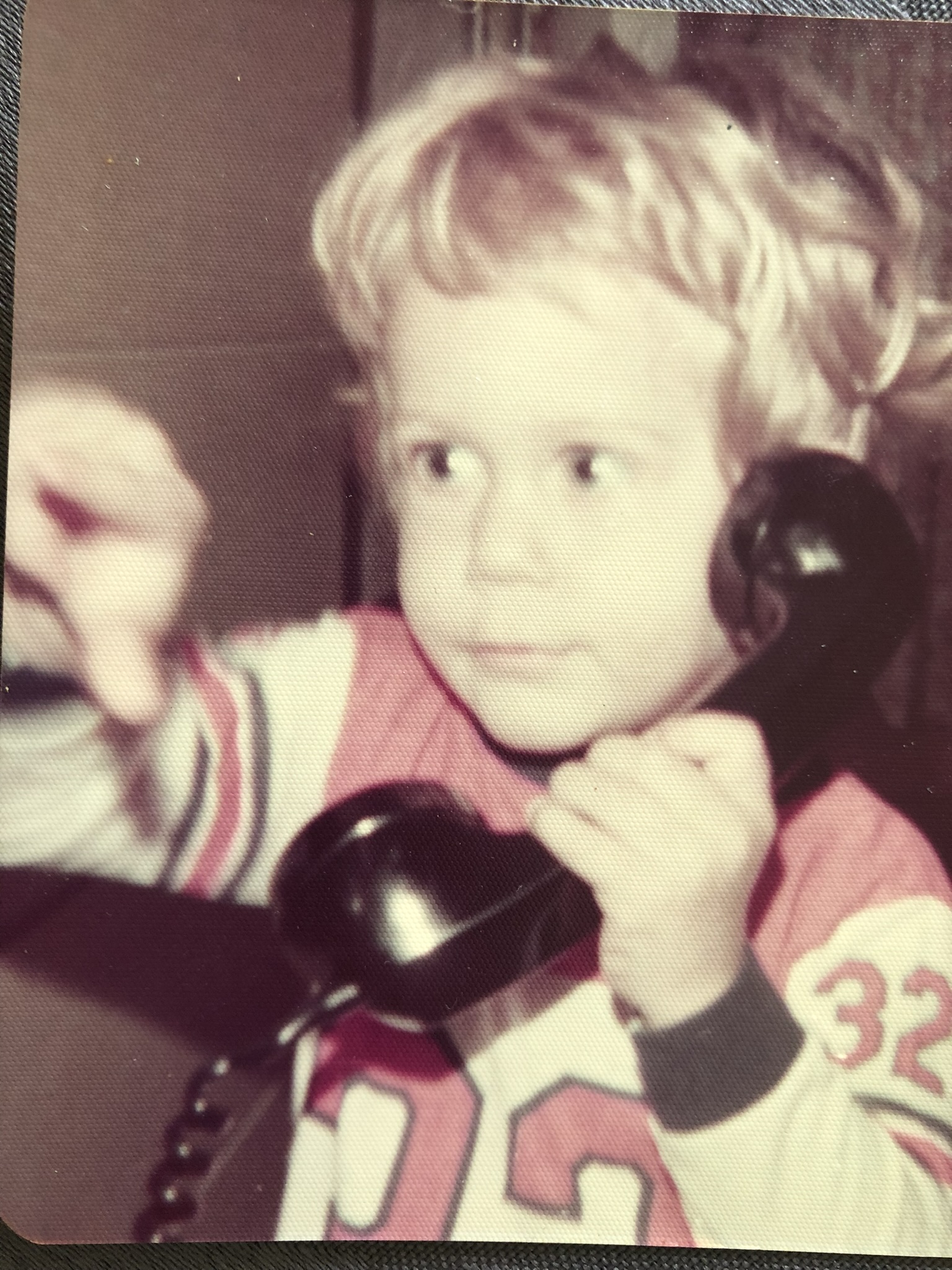When writing from the third-person perspective, you might tend to bloat your sentences with filter words such as see, think, wondered, and heard. These filter words put a subconscious distance between the reader and your work. Remove them, and the reader experiences the story from inside your character’s head, instead of having an external narrator report it to them.
Consider this paragraph, which I’ve bloated with filter words to make the point:
She felt down, depressed, and, listening to her annoyingly dark inner voice, wondered to herself, can it possibly get better than this? Could I have known what would have happened? Was what I said to Bill the right way to start rekindling the relationship? Why was I so stupid? As she thought this, she heard a knock at the door—she went out of the room and suddenly remembered the pizza she’d haphazardly ordered for lunch without thinking that she’d ruin her dinner. But somehow, she knew she could eat it all if she tried, especially given how down she felt about herself.
Now, considering the filter words below, let’s slash them from our paragraph by at least seventy-five percent:
- adverbs (any word ending in -ly)
- appeared
- back
- be
- can
- could
- down
- especially
- feel
- felt
- got
- had
- hear
- in
- is
- just
- knew
- know
- listen
- look
- managed
- notice
- of
- only
- possibly
- probably
- remember
- responded
- see
- seem
- seen
- sense
- smell
- somehow
- sound
- start
- suddenly
- that
- then
- think
- thought
- up
- was
- watch
- went
- wonder
Use your find/replace feature to highlight every filter word instance. Doing, so, we’re left with this:
She felt down, depressed, and, listening to her annoyingly dark inner voice, wondered to herself, can it possibly get better than this? Could I have known what would have happened? Was what I said to Bill the right way to start rekindling the relationship? Why was I so stupid? As she thought this, she heard a knock at the door—she went out of the room and suddenly remembered the pizza she’d haphazardly ordered for lunch without thinking that she’d ruin her dinner. But somehow, she knew she could eat it all if she tried, especially given how down she felt about herself.
Take it one step further: replace the highlighted words with (…). We’re left with the paragraph below, which shows the most important words and actions you’ll need to convey:
She … …, depressed, and, … to her … dark inner voice, … to herself, … it possibly get better than this? … I have … what would have happened? … what I said to Bill the right way to … rekindling the relationship? Why … I so stupid? As she … this, she … a knock at the door—she … out … the room and … … the pizza she’d … ordered for lunch without … that she’d ruin her dinner. But …, she … she could eat it all if she tried, … given how … she … about herself.
Your final task: devise ways to rewrite the paragraph without using filter words. Push yourself to make your writing break from your normal, habitual prose. Here’s my attempt:
At noon, Carrie closed the curtains and blinds, blocking the sun as she buried herself deep under the plush comforter, never wanting to leave her bed again. I should call Bill, apologize to him before dinner. Why did I make those cruel comments about his new diet? He’d insisted they meet at the Green Room to try and rekindle what they’d lost the last time they’d eaten there. A vegetarian? Bill? He’d been classic steak and potatoes for so long—he’d changed his eating habits; had he changed his mind about her? All the signs were there. Weren’t they? Or am I imagining it all? A muffled knock at the door made her lift her head from the sheets like a prairie dog. Crap. The pizza. Bill would realize in an instant she’d ruined dinner. He’d assume for sure she’d ruined them.
Now, this isn’t the best thing I’ve ever written. But this paragraph conveys the character’s direct experience using action verbs and inner dialogue. The result? A story told from the character’s perspective, and not by an external narrator/reporter.

Jon Hébert is an artist, writer, photographer, web and graphic designer, and jewelry maker based in New Orleans, Louisiana. Aside from living and promoting the creative life, Jon helps music industry professionals overcome struggles with bothersome tinnitus through mindfulness meditation workshops (in partnership with the New Orleans Musicians Assistance Foundation).

